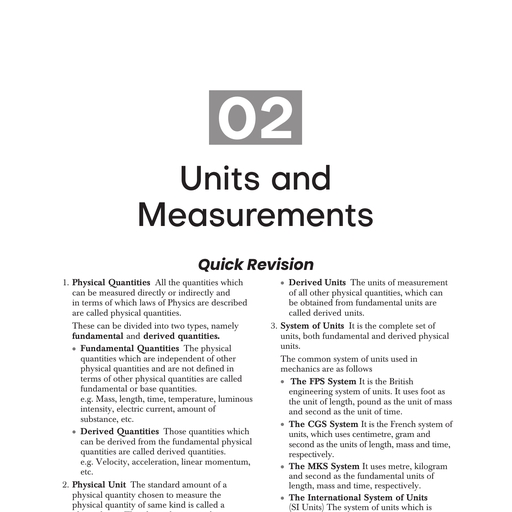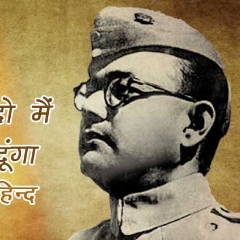Question 1 :
When two gases combine in a chemical reaction, then the volume needed :
Question 2 :
A gas has an average speed of 10 m/s and a collision frequency of 10 $s^{-1}$. What is its mean free path?<br>
Question 3 :
In physics, the mean free path is the average distance traveled by a moving particle (such as an atom , a molecule, a photon) between successive impacts (collisions), which modify its direction or energy or other particle properties. In which of the following mean free path is used ?
Question 4 :
________ is the transfer of heat from are location to another in the absence of any material flow.
Question 5 :
<p class="wysiwyg-text-align-left">The Product of pressure and volume has the same units as </p>
Question 7 :
$2$ mole ideal He gas and $3$ mole ideal $H_2$ gas at constant volume find out $C_v$ of mixture
Question 8 :
From what minimum height, a block of ice has<b> </b>to be dropped in order that it may melt completely on hitting the ground :<br/>
Question 9 :
A molecule of gas in a container hits one wall (1) normally and rebounds back. It suffers no collision and hits the opposite wall (2) which is at an angle of $30^o$ with wall 1.<br>Assuming the collisions to be elastic and the small collision time to be the same for both the walls, the magnitude of average force by wall 2. $(F_2)$ provided the molecule during collision satisfy<br>
Question 10 :
If the pressure in a closed vessel is reduced by drawing out some gas, the mean-free path of molecules :
Question 11 :
Assertion: $V_{rms}$ and $V_{mean}$ of gaseous molecules is nearly of the order of velocity of sound.
Reason: The sound travels in air because of vibrational molecular motion.
Question 12 :
If the mean free-path of gaseous molecule is 60 cm at a pressure of $1\times 10^{-4}$ mm mercury, what will be its mean free-path when the pressure is increased to $1\times 10^{-2}$ mm mercury?<br>
Question 13 :
The poisson's ratio for $O_2$ is $1.4$. Which of the following are correct for $O_2$?
Question 14 :
At what temperature will the linear kinetic energy of a gas molecule be equal to that of an electron accelerated through a potential difference of 10V?
Question 15 :
One mole of an ideal monoatomic gas is heated at a constant pressure from $0^oC$ to $100^oC$. Then the change in the internal energy of the gas is (Given $R = 8.32 {Jmol}^{-1}K^{-1}$)






















